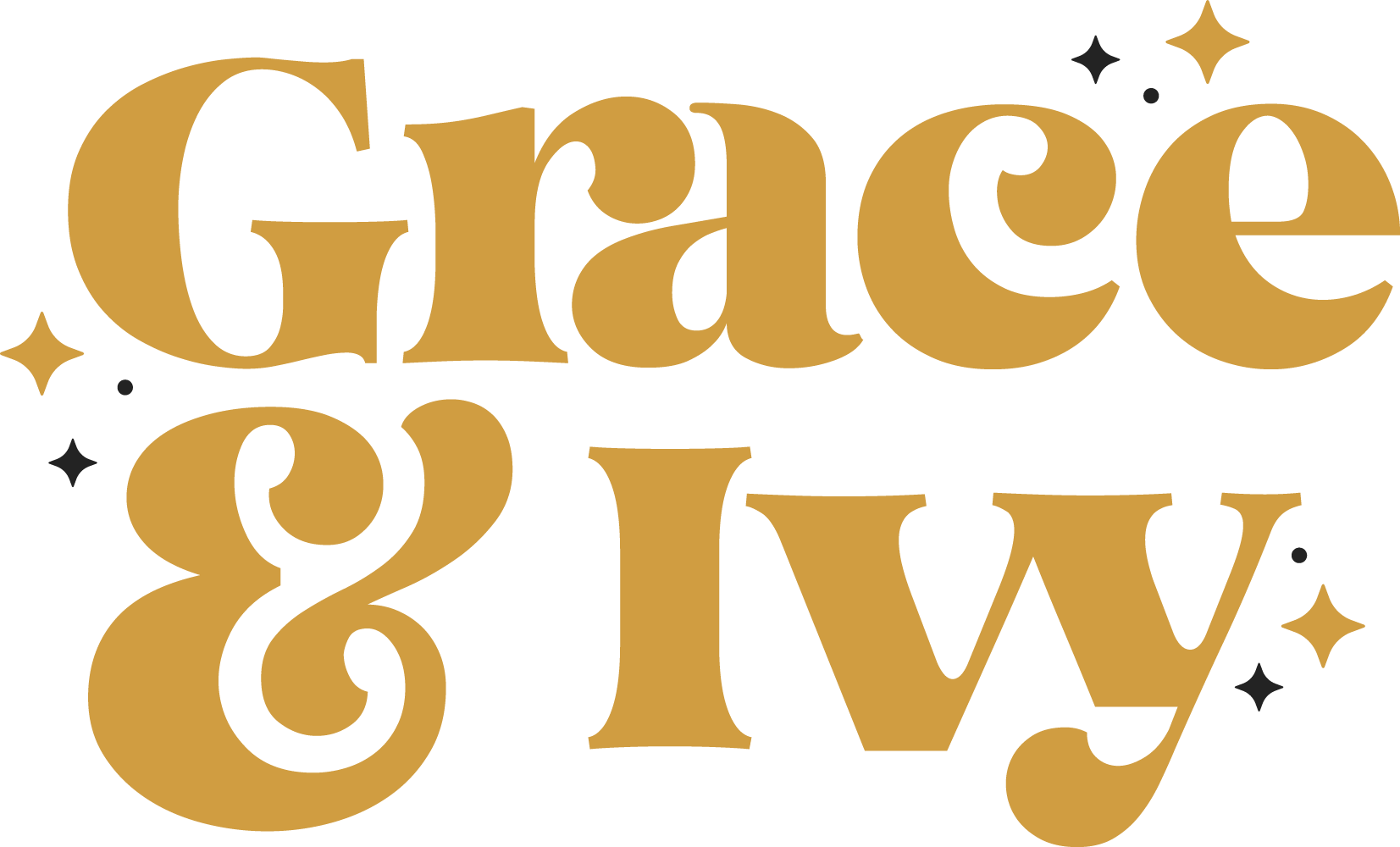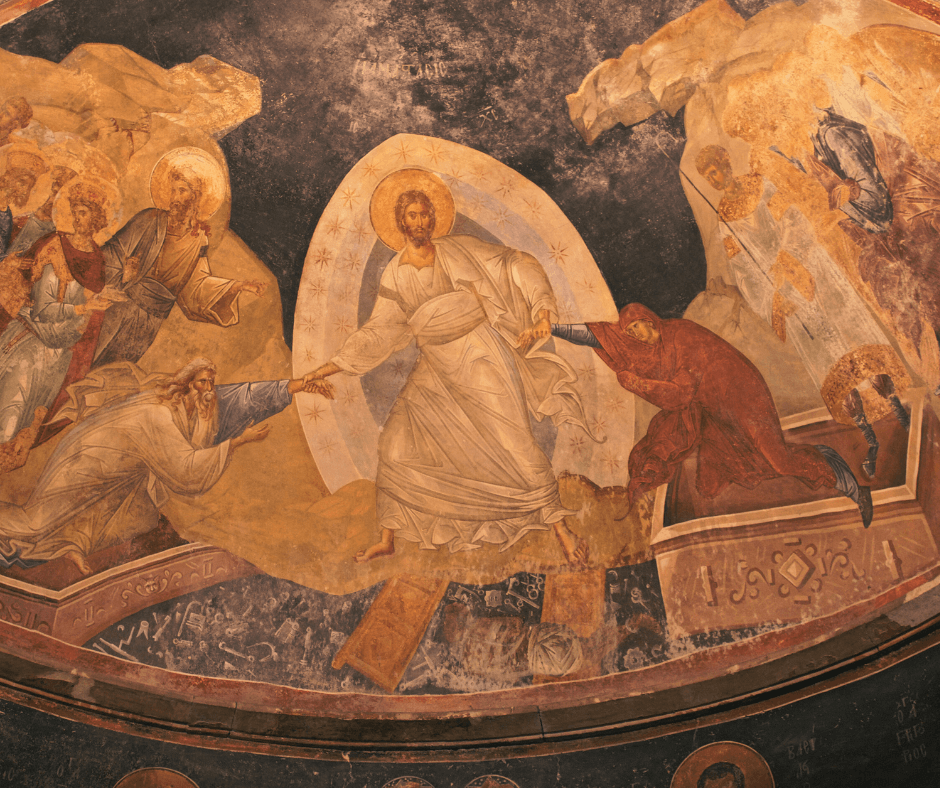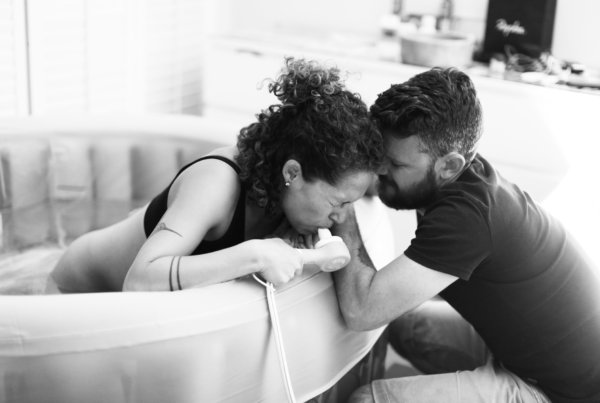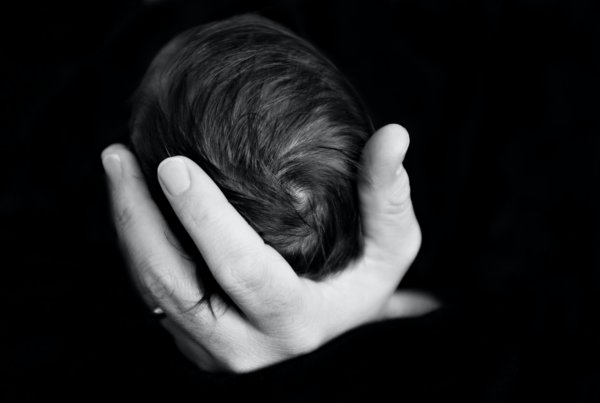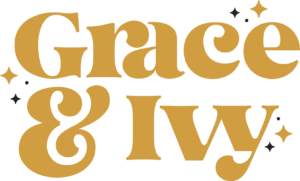I need to make this clear… I’m not talking about individual men when I mention the patriarchy in the birth system. It’s not your doctor or the guy who did your ultrasound that I’m referring to…it is far deeper than that.
Let me explain…
When I talk about ‘patriarchy’ in birth…
I am talking about a system that prioritises the desires of medical professionals over the needs of birthing individuals, a system that perpetuates the idea that men are inherently more qualified to make decisions about women’s bodies than women are.
So…how did we get here?
If you were to delve deep into HERSTORY, you would learn about the pre-patriarchal societies of ancient times, in which women played a central role in religion, politics, and social life. A time when men worshipped women as Goddesses, society followed Matrilineal clan systems, and menstrual blood was known for its magical qualities. Women ruled our communities, and men took their wives’ surnames at marriage; women were the land owners who looked after the land, nurtured their families and were custodians of natural habitats.
But this all ended with the uprising of Christianity and the Church and the move to agriculture.
As societies evolved into more complex and hierarchical structures, men began to dominate positions of power and authority, relegating women to subservient roles dictated by church teachings. From the 12th century until the 17th century, the Roman Catholic Church ran an organised reign of terror called the Inquisition. Through an elaborate and violent extortion racket, the church forced the people to leave the ‘old religion’ behind and accept their new doctrines.
During this time, the church also instigated the witch trials, whereby midwives, herbalists and village’ wise women’ were put to death for practising witchcraft…essentially nature-based medicine. The church put all of its money and power behind the emerging medical profession, which allowed men and only men to practise medicine under the authority of a priest.
Despite significant changes brought about by the Industrial Revolution…
Patriarchy continued to thrive, with men occupying positions of power in politics, business, and all other areas of life. Eventhough, during this period, women were forced to leave home to work, they still had very little say in what happened in their life or society. They were considered the property of their husbands. They were severely limited in how they could function in society, including being unable to own land, get a loan in their name, travel alone, go to university or vote.
In general, patriarchy has led to women’s disempowerment in society. But in birth, in particular, it is responsible for the disconnection women feel from their bodies, babies and the birthing experience, as well as an overwhelming loss of autonomy.
It is responsible for marginalising midwives, devaluing ancestral knowledge and wisdom, and elevating medicalised birth as the only legitimate form of childbirth. And while it predominately affects females, it also disproportionately affects intersectional communities, including people of colour, low-income individuals, and LGBTQIA+ folk.
But here’s the thing…
Birth workers, including doulas, midwives, and birth educators, are crucial in challenging patriarchy within the birth system. By providing comprehensive education and support, advocating for informed decision-making, and promoting autonomy and empowerment, birth workers can help women reclaim their birth experiences from a system that has long neglected their needs.
Of course, individual efforts alone are not enough. Systemic change is needed to dismantle patriarchy in the birth system. That means addressing systemic racism, poverty, and discrimination and promoting policies prioritising comprehensive education, access to resources, and culturally sensitive care for all birthing individuals.
To challenge patriarchy in the birth system, we must also recognise the history of midwifery and the marginalisation of traditional birth practices. We must acknowledge that the medicalisation of birth has led to the loss of ancestral knowledge and wisdom. The elevation of medicalised birth as the only legitimate form of childbirth is not based on science but on patriarchal values. Acknowledging all of this and openly speaking about it will slowly (oh, so slowly) help to turn the tide and bring birth back to where it belongs…with women.
One critical aspect of challenging patriarchy in the birth system is informed consent.
The right to informed consent (and refusal) is a fundamental healthcare right…a basic human right grounded in the right of every human being to autonomy and authority over their own body. Every human has the right to control when and how other people touch their bodies.
In the context of maternal healthcare, this right means that every woman can choose to accept or reject any and all interventions presented to her, after being provided with evidence-based information, advice, and support from her healthcare providers. Informed consent and refusal means that, despite the expertise that doctors, midwives and nurses have to offer healthcare support, the power to make the decisions about care rests in the women they serve. Under the universal healthcare right of informed consent and refusal, providers’ education and experience gives them only the legal authority to offer their services, to make recommendations to women that they can decline or accept, and to support and respect their patients’ decisions.
The fact that this right hinges on the provision of evidence-based care means women have the absolute right to be given recommendations from their doctors based on evidence and need to be informed when recommendations are being made that aren’t based on evidence, but are grounded in opinion, hospital policy, routine practice or common belief.
This is where birth workers play a vital role in supporting women to make informed decisions by providing comprehensive education, guidance on advocating for their autonomy, promoting a culture of informed consent…and demanding evidence when it’s not provided.
Unsurprisingly, patriarchy in the birth system leads to birth trauma…
Because in the context of the modern maternity system, most medical professionals, typically men, are given more authority than the woman giving birth under the medical-industrial complex and its medico-legal obsession.
This power dynamic often leads to medical interventions being imposed on women without their full or informed consent.
One example of this, although there are many, is the episiotomy. In his book Power and the Profession of Obstetrics, William Ray Arvey (1982) pointed out that under the general rules of the patriarchy, men are considered entitled to the enjoyment of female bodies. He argued that routine use of episiotomy restored “virginal conditions” to the female anatomy and that in the use of episiotomy, men’s sexual priorities were the focus. A properly completed surgical repair was considered to be one that restored the vaginal anatomy to a state considered sexually desirable by the obstetrician performing the repair. This information shouldn’t be surprising when we know that even today, there are instances of the ‘husband stitch’ being offered to partners in the birth room… “let’s tighten her up with an extra stitch”.
In using interventions like episiotomy, forceps or vacuum-assisted births, and even cesarean sections, the woman often hasn’t been given the information or support needed to make informed decisions about their birth leads to feelings of overwhelm, disempowerment and trauma by the birth of their precious baby.
Another traumatising aspect of the patriarchal influence in the birth system is the perpetuation of traditional gender roles and stereotypes. Women are often expected to be passive and submissive during childbirth, with their pain and discomfort minimised or dismissed, leading to a lack of empathy and emotional support and exacerbating feelings of trauma and disempowerment.
So… to reiterate…this isn’t about ‘all men’!
In fact, it’s not about a singular man at all. The patriarchy is a social system, not a group of people. It is a way of knowing the world based on values and assumptions distilled from the belief that white, straight, educated, Christian, non-disabled men are the norm in society. And although medical control of birth was promoted (from the first time a man entered the birth space) as being about the safety of mother and baby, it is actually nothing more than gender-based oppression.
Follow me on Instagram for a slightly controversial but always truthful take on Industrial Birth BS, ‘Good Girl‘ conditioning and birth preparation – @the_jenine_ellis
Maternity Care with Human Rights: Informed Consent and Refusal – Dr. Aruna Uprety (2016)
The Husband Stitch Isn’t Just a Horrifying Childbirth Myth – Carrie Murphy (2018)
The experiences of women, midwives and obstetricians when women decline recommended maternity care: A feminist thematic analysis – Jenkinson, Kruske, Kildea (2017)
